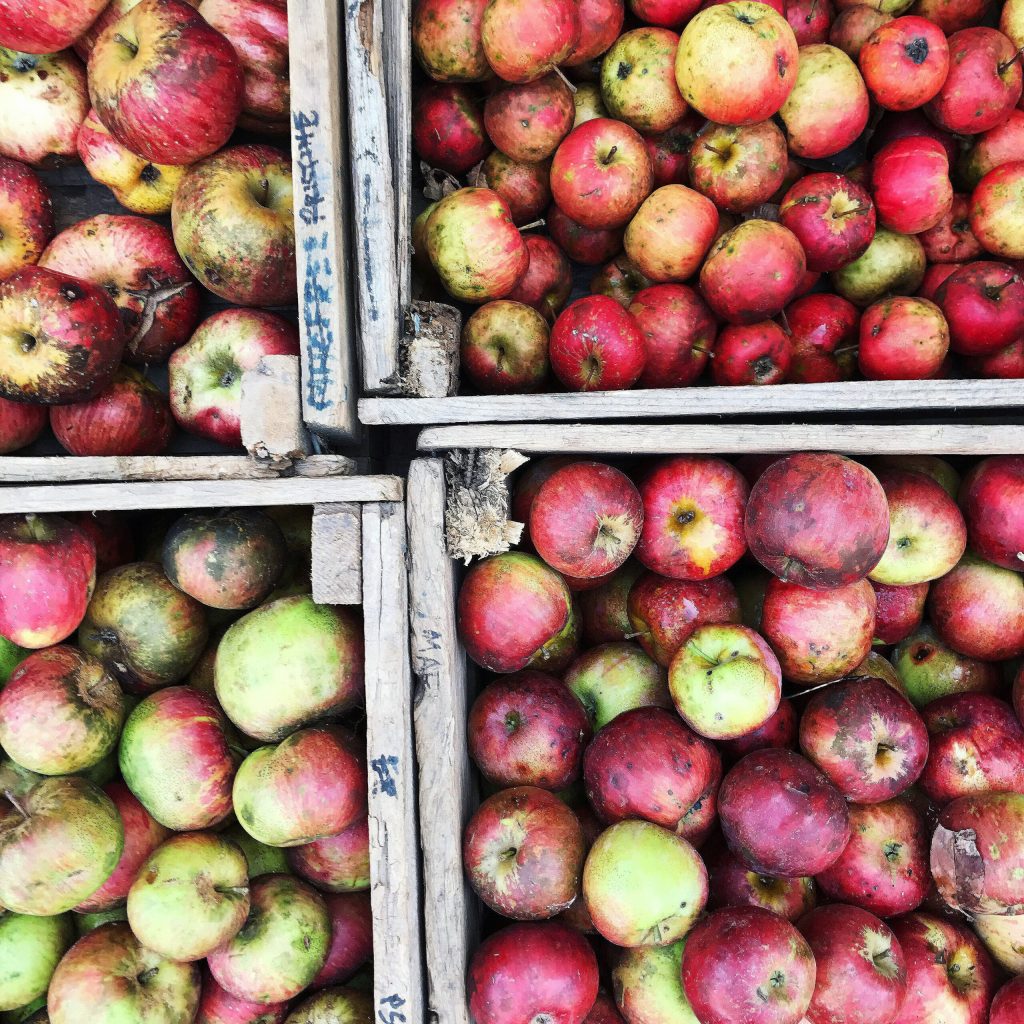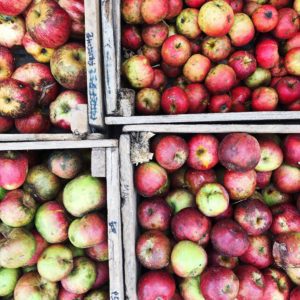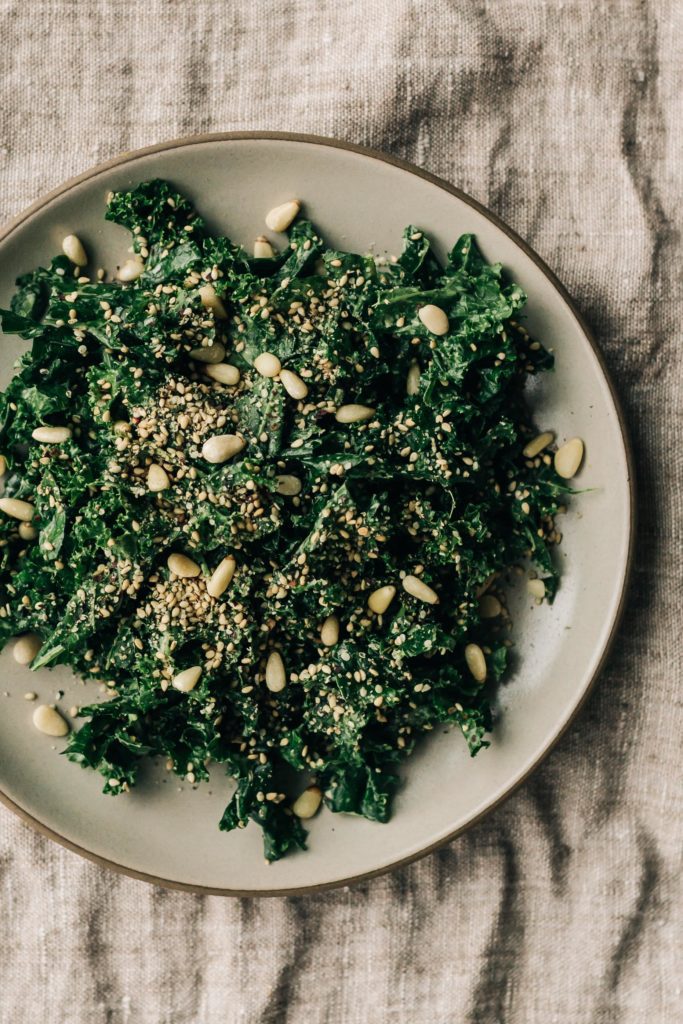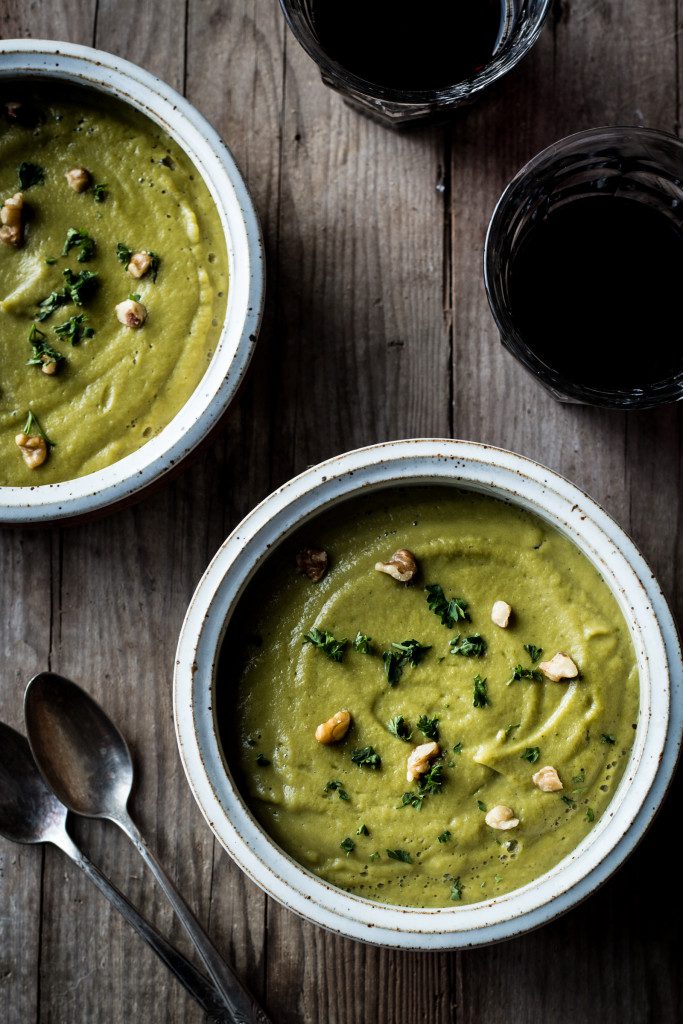While visiting the Union Square Greenmarket in New York City this weekend (on our 10yr anniversary!) we came across these apples. Heirloom varieties grown in the Catskills on a farm that only uses “sun, seeds, water, and soil”. I was so excited but had to convince my wife (and the lady next to us) to buy them because of how they look. Those are not blemishes or bruises, but as John the grower put it, “they look like apples are supposed to look, and taste like apples are supposed to taste.” In the moment, we enjoyed some very tasty apples. But I couldn’t help but think about how we as consumers expect fruit to be flawless and subsequently (along with several other reasons) there are no organic apples in Georgia.
North GA is well known for it’s apples in the Fall, but very few (in the eastern U.S. for that matter) are grown organically. The primary challenges to growing organic tree fruit in GA are the pests and disease potential due to climate. Although the use of synthetic sprays has been managed and minimized they are still commonplace.
Growing apples organically on the east coast can be done (easy for me to say) but in many ways it starts with the consumer. The consumer would have to embrace a more expensive apple that doesn’t look flawless every time. Most think of organic as no spraying but it is quite the opposite. Growing tree fruit organically requires 3-4 times more spraying, but with the use of inorganic materials like lime, copper, and sulfur (not synthetic chemicals). It is much more labor intensive and therefore more expensive. And after all that hard work, you may end up with apples that look like they were shot with a pellet gun! The proof, however, is in the amazing taste and texture.
Are we as consumers willing to pay more for a product that doesn’t look the way we’re accustomed to? We don’t pretend to know the answers but we hope the conversation leads to positive change. Fresh Harvest is most certainly in support of local AND organic. Our apples are always organic but never local – usually from Washington or Arkansas because their climate makes it much easier to grow organically. We look forward to the day, however, when we can fill your baskets with organic apples from a farm in Georgia! We believe awareness, and conversations like this one, are the starting point.






